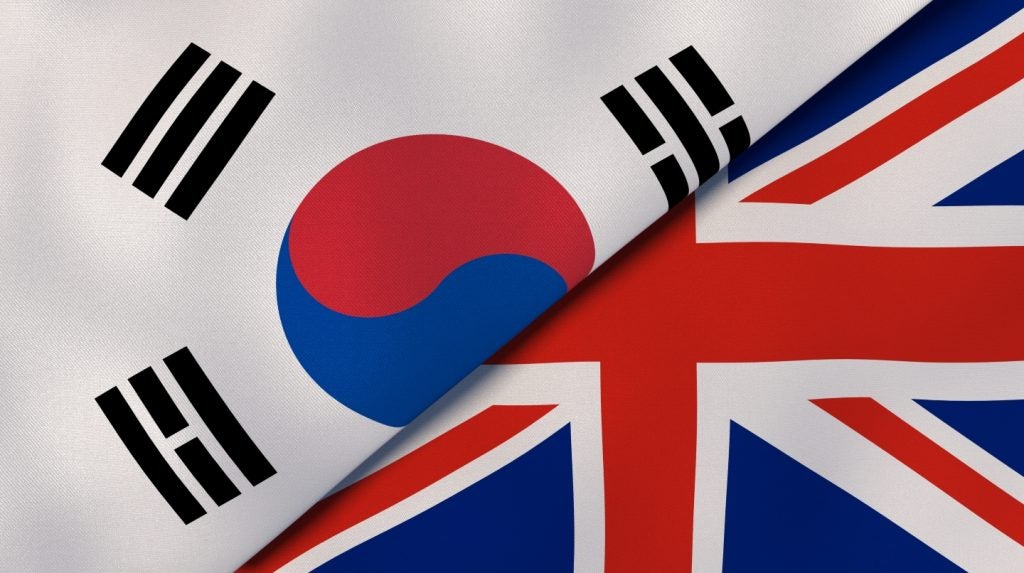The UK and South Korea have agreed to boost their partnership on energy security and speed up the switch to renewable energy.
A new Clean Energy Partnership will be signed by the two countries as part of South Korean President Yoon Suk Yeol’s four-day state visit to the UK in November 2023.
The partnership agreement will be signed by UK Energy Security Secretary Claire Coutinho and her South Korean counterpart, Minister for Trade, Industry and Energy Bang Moon Kyu.
The focus of the partnership will be on a clean energy transition, low-carbon technology, civil nuclear, domestic climate policies and the development of their energy sectors.
It will also promote business collaboration between the two countries by addressing trade barriers.
The two countries also plan to double down on their commitments to limit global warming to 1.5°C and work towards phasing out coal from the energy mix to reach a 2050 net-zero goal.
South Korean businesses have invested £10bn in the UK, supporting renewable energy and infrastructure projects while creating 1,000 jobs across renewables.
Coutinho stated: “The UK and the Republic of Korea already have a strong relationship on energy security and tackling climate change.
“The new partnership we will sign will see us collaborate even more closely, driving forward shared plans to accelerate clean energy sources, like renewables and nuclear power.
“This will help us make the green transition while supporting the injection of more than £10bn into the UK economy from South Korean businesses and the thousand skilled jobs that come with that.”
London and Seoul will also strengthen their cooperation on civil nuclear power including large-scale, small-scale and advanced reactors, decommissioning and waste management, and supply chains.
By sharing information on offshore wind, they can support each other’s ambitions. The UK aims to deploy 50GW by 2030 and South Korea's target is 14.3GW by 2030.
They also plan to strengthen their existing cooperation on grids and infrastructure through the Korea Electric Power Corporation, Ofgem and the national grid.









